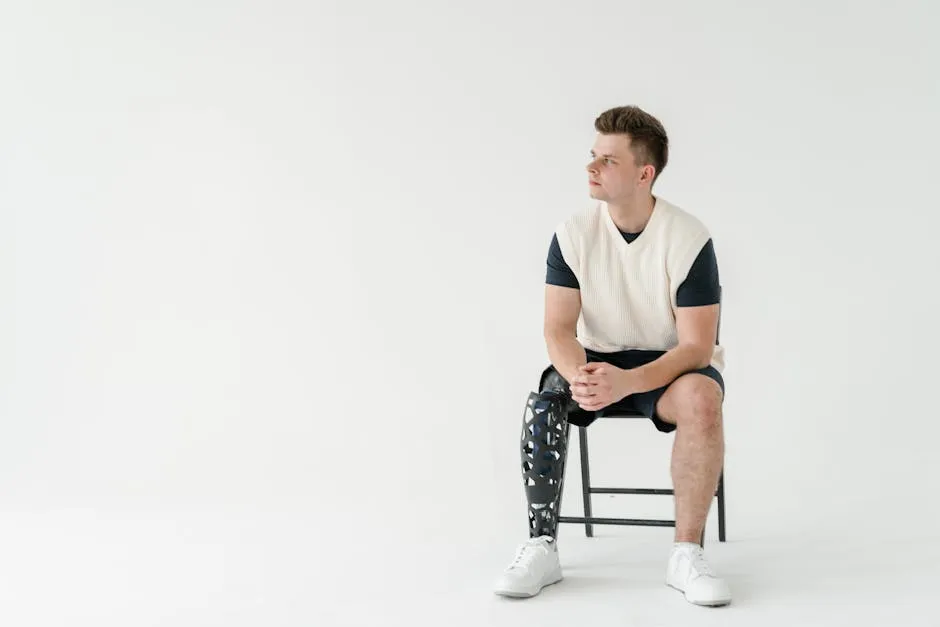Introduction
In the rapidly evolving world of artificial intelligence, the race to scale models has become a dominant narrative. However, one prominent voice is challenging this trend. Sara Hooker, the former VP of AI research at Cohere, is embarking on an ambitious journey to redefine how AI models are developed and utilized. Her new startup aims to create adaptable AI models that can thrive in diverse environments, moving away from the conventional scaling approach.
The Shift from Scaling to Adaptability
For years, the tech industry has been focused on building larger and more powerful AI models. These models often require substantial computational resources and vast amounts of training data, leading to significant environmental and financial costs. Hooker argues that this approach not only limits accessibility but also overlooks the potential for creating models that can learn and adapt in real-time to their surroundings.
By prioritizing adaptability, Hooker’s new venture seeks to develop AI systems that can function effectively across various contexts without the need for extensive retraining. This shift could democratize AI technology, allowing smaller companies and researchers to leverage powerful tools without the high barriers that scaling often imposes.
Sara Hooker’s Vision
With her wealth of experience in AI research, Hooker is uniquely positioned to lead this innovative shift. Her previous work at Cohere involved exploring the boundaries of AI capabilities, and now she plans to apply those insights to create a more flexible framework for AI development.
At the heart of her vision is the belief that AI should mirror the adaptability of human intelligence. Just as humans learn from their environments and experiences, AI models should have the capability to adjust and evolve based on new information and changing circumstances. This approach could enhance the relevance and effectiveness of AI in real-world applications, from personalized learning systems to responsive customer service solutions.
Challenges Ahead
While Hooker’s vision is compelling, it is not without challenges. The tech community has deeply entrenched beliefs about scaling, and shifting these mindsets will require substantial advocacy and demonstration of the benefits of adaptability. Moreover, the technical hurdles of creating such models—ensuring they are robust, reliable, and secure—are significant. However, Hooker is confident that with the right focus and resources, these challenges can be overcome.
The Future of AI
As Sara Hooker launches her startup, she is also sparking a broader conversation about the future of AI. Her commitment to developing adaptable models highlights the need for a more sustainable and equitable approach to AI technology. In a world where data privacy and computational costs are increasingly scrutinized, her work could pave the way for a new era of intelligence that is both powerful and accessible.
Conclusion
In conclusion, Sara Hooker’s departure from the scaling race and her focus on adaptability could mark a significant turning point in AI research and development. As she embarks on this new journey, the tech community will be watching closely, eager to see how her vision unfolds and what it could mean for the future of artificial intelligence. With the right innovations, we may soon witness AI systems that not only understand their environments but also evolve alongside them, creating smarter and more responsive technologies for all.
